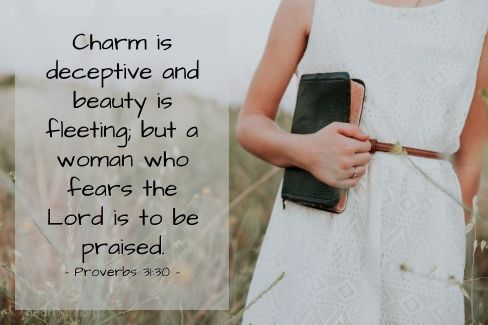In a culture of exposure, I grew up hearing one message repeated over and over to young men: “Stop viewing women as sexual objects.” It was a needed message. Men needed to be told to see women as human beings—daughters, sisters, mothers, made in the image of God. But lately, I’ve found myself wondering when will we also tell women to stop viewing themselves as sexual objects?
We now live in a time where it’s not uncommon to see women showcasing themselves online in ways that leave little to the imagination. From social media posts to movie roles to what’s now considered “standard” workout or beach attire, there’s a constant presentation of the female body as something to be displayed, admired, and consumed. The message is rarely spoken outright, but it’s loud nonetheless: ‘This is where your value lies’. And it’s not working.
Our culture has sold the idea that exposing more is a form of empowerment. But what if it’s just a more sophisticated form of objectification? It may not be forced this time—but it’s no less degrading. It still trains women to see themselves primarily through the eyes of others, measuring worth by “likes”, stares, and fleeting attention. It doesn’t liberate. It enslaves.
- The New Objectification, Disguised as Empowerment
It appeals to the worst instincts in men while damaging the possibility of real, lasting relationships. In the pursuit of attention, women often attract exactly the kind of men who are not interested in love or commitment—but in consumption. And at the same time, they often repel the kind of man who would honor them, cherish them, and walk with them in dignity and faith. Women draw attention from those who want to consume them, while quietly pushing away those who might have cherished them. That’s not empowerment. That’s loss.
- Biblical Clarity in a Confused Culture
The Bible offers a radically different vision of worth and beauty. In a world obsessed with appearance, God says: “Charm is deceitful and beauty is passing, but a woman who fears the Lord, she shall be praised” (Proverbs 31:30).
Peter states: ‘Do not let your adornment be merely outward—arranging the hair, wearing gold, or putting on fine apparel—4 rather let it be the hidden person of the heart, with the incorruptible beauty of a gentle and quiet spirit, which is very precious in the sight of God” (1 Peter 3:3–4).
There is nothing shameful about the body. God created it. But there is something profoundly broken when the body becomes the primary vehicle for approval or validation. When we elevate sensuality above character, we distort what it means to be made in the image of God. And for believers, Paul’s words still ring true: “Do you not know that your body is a temple of the Holy Spirit . . . and you are not your own? For you were bought at a price; therefore, glorify God in your body and in your spirit, which are God’s” (1 Corinthians 6:19-20). That’s not a message of shame. That’s a message of purpose.
- Modesty: Not Oppression, But Dignity
Modesty isn’t about hiding in shame or being unattractive. It’s about sending a different message—one that says, “My value is not up for sale. My body is not a billboard for attention. I belong to God, and I honor Him in how I present myself.” That is not weakness. That’s strength. That’s freedom.
When a woman dresses modestly—not frumpily, but with intention—she invites others to look past the surface. She trains others to see her as more than a body. And perhaps even more importantly, she reminds herself of who she is: a daughter of God, fearfully and wonderfully made, with a purpose far greater than turning heads.
- A Better Way Forward
If you’re a woman reading this and feeling defensive or ashamed—please don’t. This isn’t about condemnation. This is about an invitation to something deeper. You were made for more than clicks, catcalls, or compliments. You were made to reflect God’s glory—not just His creativity, but His character that Jesus emulated throughout the New Testament.
And if you’re a man reading this—train your eyes. See people as God sees them. Don’t just long for women who carry themselves with dignity—honor them when you see them. Be the kind of man who values character over curves, modesty over manipulation, and depth over display.
In a world that keeps urging women to bare more, flaunt more, and grab attention through their bodies, it’s time for a different message: You don’t need to compete for value. You don’t need to offer yourself up to be consumed. You are already deeply loved by the One who made you—and He sees you in full, body and soul.
Let’s stop selling ourselves short. Let’s stop applauding objectification just because it’s self-inflicted. And let’s start living—and dressing—in a way that says, I know who I am. I know whose I am. And I won’t cheapen that for applause.
Ryan Welsh


